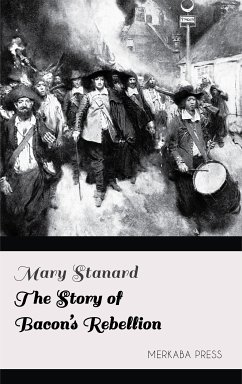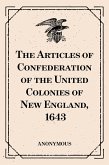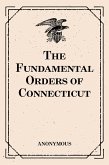Looking backward from the practical point of view of our day, and beholding that memorable year under the cold light of fact, it does not seem that any evil omen should have been needed to make clear that a veritable witch's caldron of dangers was brewing in Colonial Virginia, and that some radical change in the administration of the government alone could have prevented it from reaching boiling point.
Sir William Berkeley had served two long terms as Governor, during which his attractive personality and intellectual gifts had brought him wide popularity, and his home, "Green Spring," some four miles from Jamestown, had become famous for its atmosphere of refinement and good cheer, and as a resort for wandering Cavaliers. He was now-grown old in years and sadly changed in character-serving a third term; reigning, one might almost say. Stern and selfish as he had become, bending his will only to the wishes of the young wife of whom he was childishly fond and who was, by many, blamed for the change in him, he makes an unlovely, but withal a pathetic figure in the history of Virginia...
Dieser Download kann aus rechtlichen Gründen nur mit Rechnungsadresse in A, B, BG, CY, CZ, D, DK, EW, E, FIN, F, GR, H, IRL, I, LT, L, LR, M, NL, PL, P, R, S, SLO, SK ausgeliefert werden.










